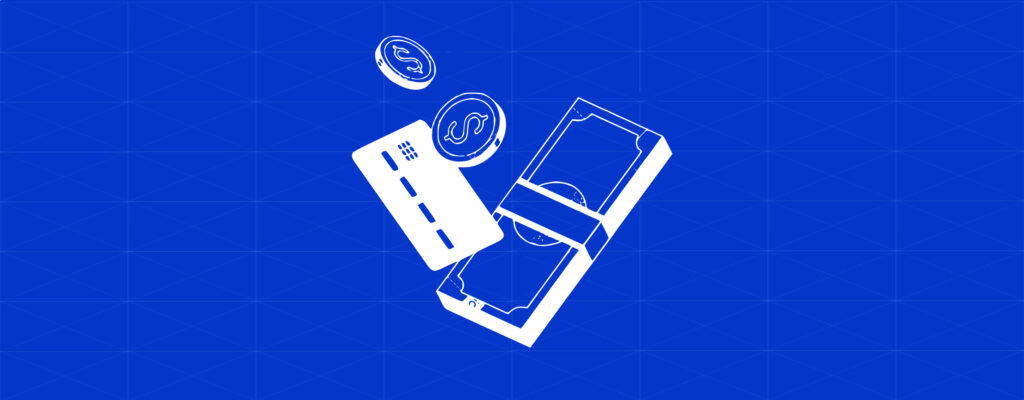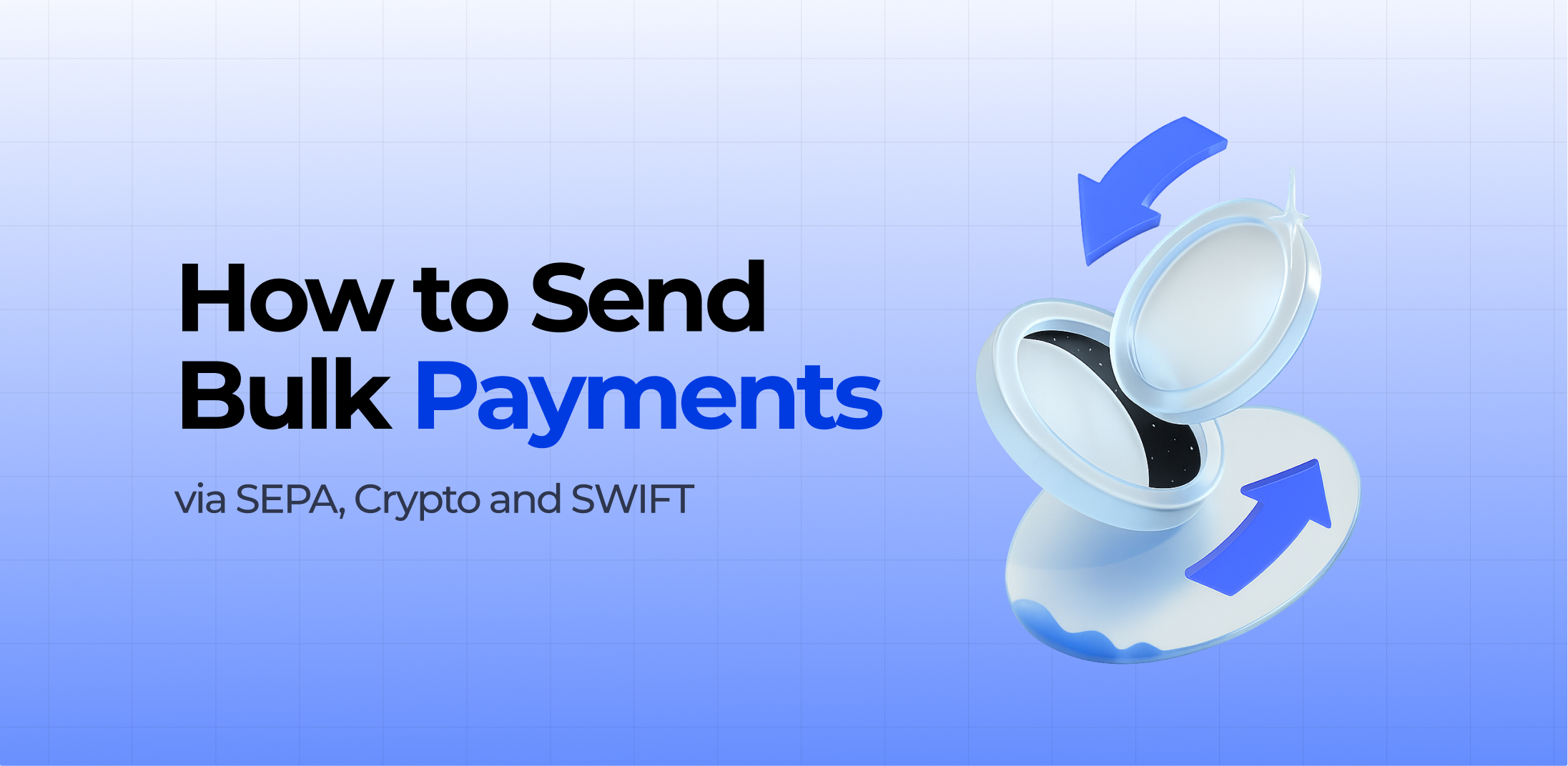Managing personal and business finances separately is essential for business owners aiming for sustained success. Managing both effectively can be complex, but with proper planning, it’s possible to achieve financial stability in both areas. By maintaining distinct budgets, monitoring expenditures, and staying organized, entrepreneurs can steer clear of commercial risks and work toward their objectives.
PaySaxas supports this process with advanced financial solutions, including multi-currency accounts and tools for effortless international transactions. These services enable entrepreneurs to simplify their commercial management while safeguarding both individual and business finances. In this article, we’ll discuss actionable tips for personal finance for business owners.
Understanding the Relationship Between Personal and Business Finances

Managing the link between personal and working finances is vital for achieving both immediate stability and long-term success. For business owners, it’s important to treat these financial areas as related yet separate. Blending personal and business funds can create confusion, complicate tax processes, and slow financial progress.
Setting clear boundaries and defining distinct goals for each ensures smoother financial management and a secure future. Striking the right balance enables you to reinvest in your business while protecting your personal finances. With proper planning and organization, you can maintain this separation and build a strong foundation for reaching your long term financial aspirations.
Why Separation is Crucial For Business Finances
Separating own and business finances is essential for many reasons. It prevents financial confusion and simplifies tax processes. It ensures accurate records, which streamline audits and filings. This distinction also protects personal assets from business liabilities, shielding your wealth from potential legal or financial challenges.
Additionally, managing finances separately enhances your business’s professional image. It demonstrates to clients, investors, and lenders that your operations are well-organized and trustworthy. Maintaining this separation is key to fostering both financial stability and sustainable growth.
Common Pitfalls to Avoid
A significant error is combining personal and business accounts, which makes financial tracking difficult and leads to complications during tax time. Another frequent mistake is using business earnings for personal expenses. It can disrupt cash flow and interfere with effective planning.
These practices blur the lines between these finances. It makes it harder to stay organized. To avoid these issues, create distinct accounts and maintain separate budgets for each. Proper planning helps secure commercial stability and ensures smooth business operations.
Setting a Strong Foundation for Financial Management
Creating a strong financial foundation is key to effectively managing both individual and business finances. This requires setting clear commercial objectives, staying organized, and keeping these expenses distinct.
With a well-established framework, you can avoid typical financial mistakes. It ensures that both your personal and business finances are positioned for sustained success and growth.
Create Separate Bank Accounts
Maintaining separate business and personal accounts is crucial for clear financial distinction. It helps you track expenses, streamline tax filing, and prevent mix-ups. To open a business account, select a bank that offers business-specific services, submit required documents, and keep thorough records.
This approach ensures that both own and working finances are organized, compliant, and well-managed. It leads to smoother commercial operations.
Develop a Budget for Both Personal and Business Needs
Properly allocating income between personal and business finances is essential for long term financial success. Develop distinct budgets for each, considering both fixed and variable expenses. Business budgets should account for operational costs, while personal budgets should cover living expenses and savings goals.
This strategy ensures a well-balanced approach, allowing you to manage cash flow effectively, prioritize your financial objectives, and maintain stability in both areas. It fosters sustained growth in the long run.
Managing Income and Expenses Efficiently

Effectively managing income and expenses is essential to reaching financial aims in both personal and business areas. By staying organized and monitoring cash flow, you can ensure that your spending aligns with your objectives and avoid accumulating unnecessary debt.
In this section, we will discuss strategies for managing income and expenses efficiently. It enables you to maintain commercial stability and work toward sustained success in the long term.
Monitor Cash Flow Regularly
Consistent monitoring of cash flow is essential for successful financial planning and stability. Leverage tools like QuickBooks, Xero, or FreshBooks to track business expenses and income in real-time. For personal budgeting, methods such as the 50/30/20 rule help allocate resources efficiently.
It balances savings, essentials, and discretionary spending. Keeping a close eye on cash flow enables both businesses and individuals to avoid commercial pitfalls and make sound decisions. Ongoing monitoring ensures that cash flow stays healthy and in line with financial objectives.
Pay Yourself a Salary
Treating yourself as an employee of your own business is essential for sound long-term financial planning. Paying yourself a salary helps distinguish personal finances from business operations, providing clarity.
Set a salary that reflects the business’s commercial performance. It balances immediate needs with long-term objectives. This approach not only supports financial stability but also fosters disciplined management of both business expenses and personal finances.
Automate Bill Payments and Savings
Automating bill payments ensures punctuality. It reduces late fees and enhances cash flow management. Tools such as PayPal, Mint, or QuickBooks can help set up automatic payments for regular expenses. Similarly, automating savings deposits supports both personal and business goals.
They allow for steady progress. By scheduling automatic transfers to savings or investment accounts, you align with long-term objectives, making it easier to reach financial milestones. Automation simplifies the process, providing more time to focus on achieving strategic goals.
Tax Planning and Compliance
Strategic tax planning and compliance are key to ensuring financial stability and avoiding legal issues in working finances. By gaining a clear understanding of tax responsibilities and planning ahead, both businesses and individuals can reduce tax liabilities, make timely payments, and comply with regulations.
Effective tax planning enables informed decisions, maximizes deductions, and leverages available tax credits. Adhering to compliance standards ensures that financial practices remain transparent and legally secure, protecting against penalties or audits.
Understand Tax Obligations
Recognizing the distinctions between personal and business taxes is crucial for successful tax planning. Personal taxes pertain to individual income, whereas business taxes cover areas like profits, payroll, and operational liabilities. Business owners can reduce tax burdens by leveraging common deductions. They include office expenses, travel, and employee benefits.
Maintaining precise records and clearly separating the finances helps ensure compliance and financial transparency. A thorough understanding of tax obligations enables individuals and business owners to make smarter decisions and maximize deductions.
Consult a Financial Advisor or Accountant
Getting professional guidance is key to achieving tax efficiency and compliance. A commercial advisor can help uncover eligible deductions, refine tax strategies, and navigate intricate tax laws. To find the right expert, prioritize professionals with relevant certifications and experience, such as CPAs specializing in business finances.
Check reviews and seek recommendations to identify a reliable advisor. Regular meetings offer practical suggestions to streamline tax management, minimize liabilities, and support financial objectives. Partnering with a knowledgeable professional simplifies planning and ensures confidence in managing tax responsibilities effectively.
Financial Tools and Resources for Entrepreneurs
Having the right financial tools and resources is crucial for entrepreneurs seeking to manage their finances efficiently and foster sustainable growth. From accounting platforms to investment tips for entrepreneurs, these tools simplify comercial management and support smarter decision-making.
Utilizing resources for budgeting, cash flow tracking, and tax compliance empowers business owners to concentrate on achieving their strategic aims. By integrating these solutions into everyday operations, entrepreneurs can enhance efficiency, mitigate financial risks, and discover growth opportunities.
Accounting and Budgeting Tools For Business Owners
Managing finances becomes simpler with tools like QuickBooks for business accounting, Mint for personal finance tracking, and YNAB (You Need a Budget) for precise budgeting. These solutions assist in organizing expenses, tracking cash flow, and enhancing comercial planning. Selecting the right tool should align with your specific needs.
You can use, for example, QuickBooks excels for businesses, while Mint and YNAB are ideal for individuals or smaller operations. Consider functionality, affordability, and ease of use when making your choice. By utilizing these tools, entrepreneurs can achieve greater financial transparency and work more effectively toward their goals.
Leveraging Credit Wisely
Understanding the difference between individual and business credit is essential for entrepreneurs. Personal credit impacts individual borrowing, while business credit influences funding opportunities for your venture. Building and maintaining good credit scores require strategic steps.
They include timely payments, keeping credit utilization low, and regularly monitoring credit reports. Follow these tips to establish strong credit profiles that support future growth and investment. Wisely leveraging credit can enhance financial flexibility, ensuring access to resources when needed while safeguarding long-term financial health.
Online Resources and Communities To Get The Financial Goals
Websites, blogs, and forums provide entrepreneurs with essential financial advice and insights. Platforms such as Investopedia, the Small Business Administration (SBA), and various niche blogs offer guidance on effective comercial management and planning.
Participating in online communities and forums helps entrepreneurs connect, exchange experiences, and receive valuable tips from others. This collaboration encourages fresh perspectives on financial hurdles and fosters growth.
Fostering Healthy Financial Habits

Cultivating healthy financial habits is essential for long-term financial health. Whether you’re an entrepreneur or an individual, practicing consistent and disciplined commercial habits fosters stability, minimizes stress, and supports the achievement of your financial objectives.
This section delves into the significance of adopting sound financial practices, such as budgeting, saving, wise spending, and making informed investment choices. By nurturing these habits, you establish a solid foundation for commercial security. It positions yourself for success now and in the years ahead.
Consistent Saving and Investing
Automating contributions to savings and investment accounts allows for consistent growth with minimal effort. By setting up automatic transfers, you can steadily build an emergency fund, retirement savings, or investment portfolios. For business owners, setting aside a portion of profits for personal wealth accumulation is essential for achieving long-term financial security.
Regular saving and investing not only foster discipline but also create a foundation for future wealth. It helps entrepreneurs balance both individual and business financial aims effectively.
Avoiding Impulse Spending In a Small Business
Managing unnecessary expenses is crucial for sustaining financial well-being. Utilize effective suggestions like budgeting and monitoring spending patterns to curb impulse buys. Whether managing personal or business finances, focus on mindful spending by distinguishing between needs and wants.
It delays non-essential purchases. Establishing defined commercial goals keeps priorities in check and minimizes impulsive choices. Embracing these approaches ensures a disciplined use of resources. It promotes stability and paves the way for enduring financial growth and success.
Conclusion
Balancing personal finances while running a business demands discipline and thoughtful planning. Keeping personal and business finances separate helps entrepreneurs protect cash flow and work towards both immediate and long-term goals. Establishing budgets, practicing mindful spending, and making strategic investments are essential for fostering commercial stability.
PaySaxas provides innovative tools and professional expertise to simplify financial management, empowering entrepreneurs to enhance cash flow and drive business growth. Partnering with PaySaxas ensures a streamlined approach to managing your finances, paving the way for success in both your personal and professional endeavors.








